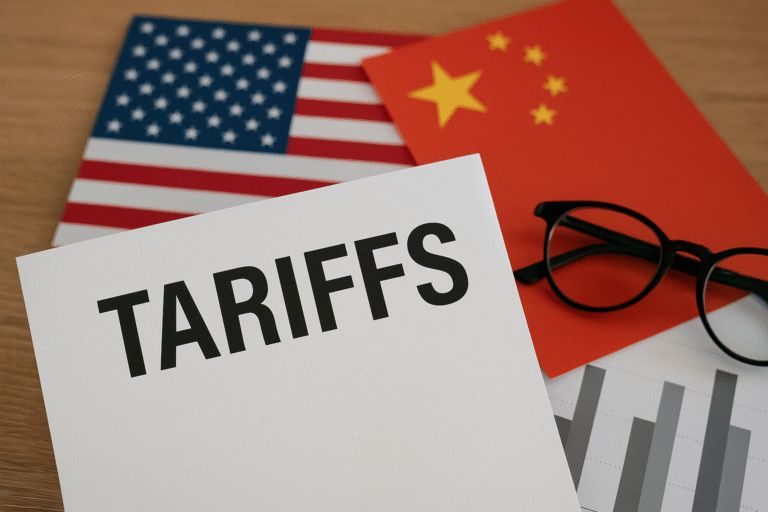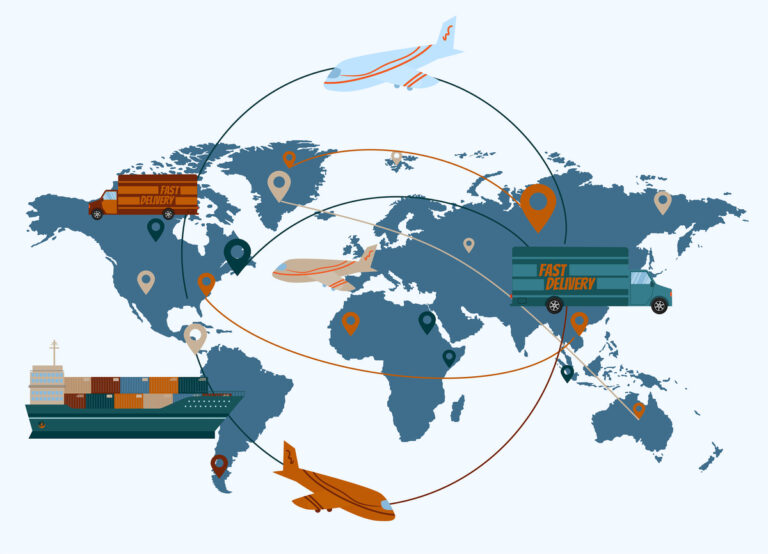When it comes to launching a successful B2B business, selecting the right sourcing model is critical. For businesses weighing their options, two popular methods stand out: traditional dropshipping and private label. Each offers unique advantages, but which one aligns best with your business goals? Let’s dive in.
What is Traditional Dropshipping?
Traditional dropshipping is a fulfillment model where businesses sell products sourced from third-party suppliers. These suppliers handle storage, packaging, and shipping, allowing you to focus on marketing and sales. Platforms like AliExpress dropshipping have become synonymous with this method.
Advantages of Traditional Dropshipping for B2B:
- Low Startup Costs: You don’t need to purchase inventory upfront.
- Broad Product Range: Access to a wide variety of products without holding stock.
- Scalability: Easily test multiple products to find the best items to dropship.
Challenges to Consider:
- Lack of branding opportunities.
- Dependence on suppliers for quality and delivery.
- Slimmer profit margins due to competitive pricing.
What is Private Label?
Private label involves sourcing products from manufacturers but branding them as your own. This model is often used to sell exclusive products, from wholesale t-shirts to high-end gadgets.
Advantages of Private Label for B2B:
- Brand Ownership: Build a unique brand that stands out in the market.
- Higher Profit Margins: Customers are often willing to pay a premium for branded products.
- Customizations: Tailor products to meet specific B2B needs.
Challenges to Consider:
- Higher initial investment for product design and packaging.
- Longer lead times for production and bulk orders.
Traditional Dropshipping vs. Private Label: Key Comparisons for B2B
| Feature | Traditional Dropshipping | Private Label |
|---|---|---|
| Startup Cost | Low | Moderate to High |
| Branding | Limited | Full Control |
| Product Range | Extensive | Focused |
| Profit Margins | Lower | Higher |
| Supplier Dependence | High | Moderate |
| Customization | None | High |
How Yakkyofy Bridges the Gap
When navigating the complexities of dropshipping and private labeling, Yakkyofy stands out as a solution tailored for both models. Here’s how Yakkyofy can help streamline your B2B operations:
- Simplified Sourcing: Yakkyofy connects you to the best dropshipping suppliers, ensuring quality and reliability.
- Bulk Orders Made Easy: With Yakkyofy, managing bulk items or transitioning to private labeling becomes seamless.
- Private Label Services: Yakkyofy offers tools for branding your products, perfect for businesses looking to scale with private label strategies.
- End-to-End Logistics: From sourcing to shipping, Yakkyofy handles it all, allowing you to focus on growing your business.
Which Model Should You Choose?
The decision between traditional dropshipping and private label depends on your business goals:
- Choose Traditional Dropshipping if:
- You’re a startup with limited capital.
- You want to test the market before committing to a specific product.
- Choose Private Label if:
- Branding is a core part of your strategy.
- You’re ready to invest in product customization and marketing.

Whether you choose traditional dropshipping or private label, the right partner can make all the difference. With Yakkyofy’s comprehensive tools and services, you can optimize your B2B operations, find reliable suppliers, and scale with ease.
Ready to elevate your dropshipping or private label business? Explore how Yakkyofy can help you achieve your goals today!











